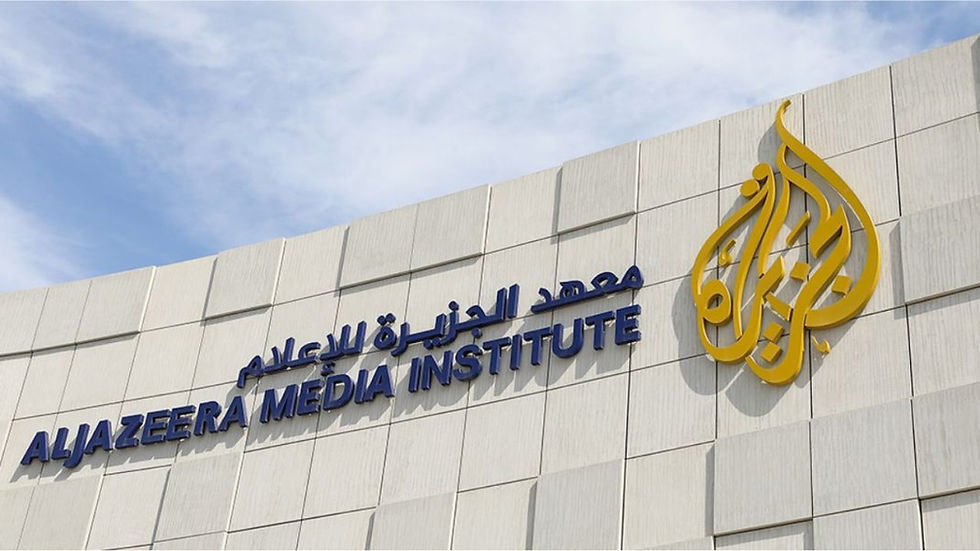GROW (Graduate Research On Worldwide Challenges) PhD Program 2024 For International Students
- GetIn Edu Consulting
- Dec 11, 2023
- 3 min read

Summary
We are a network of internationally collaborating universities from the Netherlands with longstanding collaborations with our partners at the African continent.
For GROW, five high ranking Dutch universities have joined up with 22 African academic and 17 non-academic partners to raise funds for 51 four year PhD positions with candidates from anywhere in the world to pursue scientifically challenging research that in some way links Low and Middle Income Countries (LMICs) in Africa with Europe. Funding from Marie Skłodowska-Curie Actions COFUND programme of the European Union has been granted. The possibilities are manifold, as fellowships are available in the Natural Sciences, Social Sciences & Humanities, and Engineering. The Triple-I design of the GROW programme offers the PhD students the chance to equip themselves with an advanced, future-proof set of scientific and complementary skills that they will take with them as they pursue high-flying careers in a world that is becoming ever more complex and interconnected.
Benefits:
The GROW programme is a four year international PhD programme that offers tomorrow’s leaders a unique opportunity to do high quality and novel research with supervision from globally renowned professors on pressing issues affecting the people of Africa, and make a real contribution to understanding and addressing worldwide problems, notably the UN – Sustainable Development Goals (SDGs).
Eligibility:
No doctoral degree: Eligible candidates must not have a doctoral degree at the date of their recruitment. Researchers who have successfully defended their doctoral thesis but who have not yet formally been awarded the doctoral degree will not be considered eligible.
Nationality: Candidates of all nationalities and countries of origin are eligible, unless national, international, or European legislation or embargos prohibit specific (combinations of (sub) disciplines and) countries of origin. The appointed PhD students must comply with the following mobility rule: they must not have resided or carried out their main activity (work, studies, etc.) in The Netherlands for more than 12 months in the 36 months immediately before the deadline of the co-funded programme’s call. Compulsory national service, short stays such as holidays and time spent as part of a procedure for obtaining refugee status under the Geneva Convention113 are not taken into account.
Entry Requirements: Applicants must have completed a university degree that entitles them to embark in a doctoral programme in the Netherlands (Master of Arts (MA), Master of Science (MSc), or Master of Laws (LLM)). The degree must be dated less than 10 years prior to the call deadline. The eligibility window can be extended by 6 months per child for the mother, (additional) maternity or paternity leave (actual time up to 6 months per child), training for medical specialists (3 years), compulsory and reserve military service (actual time), or for refugees/ researchers at risk (up to 3 years). Documentation providing evidence must be included with the application.
Enrollment: The Candidate must be available to enroll full-time in the PhD program at the Host institution in The Netherlands; eventual suspensions for family or personal reasons shall be discussed with the granting authority.
English Certificate: Doctoral Candidates are required to have high level in the English language (if not native speakers). English level of short-listed applicants can be assessed during the selection interview and a mandatory passed test could become part of the Go-No Go decision after year 1 of the project.
Affinity with Africa: Doctoral Candidates will need to demonstrate a strong connection with the African contintent and / or an understanding of the context of Low and Middle Income settings.
Network: After selection, we expect the PhD students to actively participate in the events organized by the programme, such as training/network events, and outreach activities targeting different audiences. The candidates are aware of and adhere to the principles set out in the Commission Recommendation on the European Charter for Researchers.
Deadline: January 31, 2024
Click here for more details.



Comments